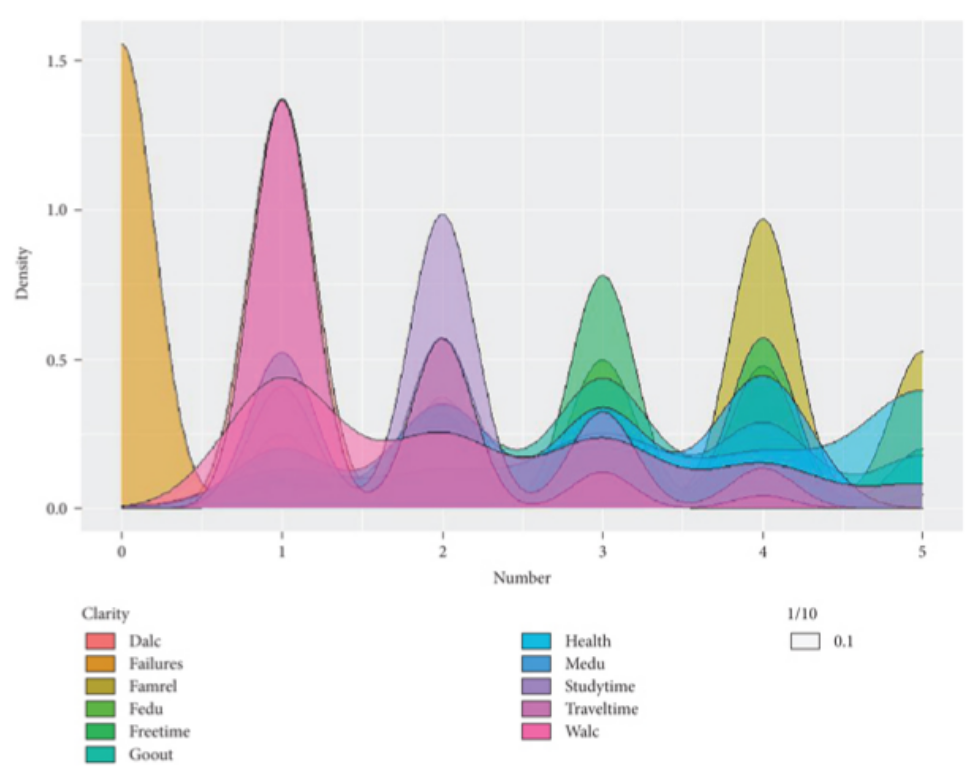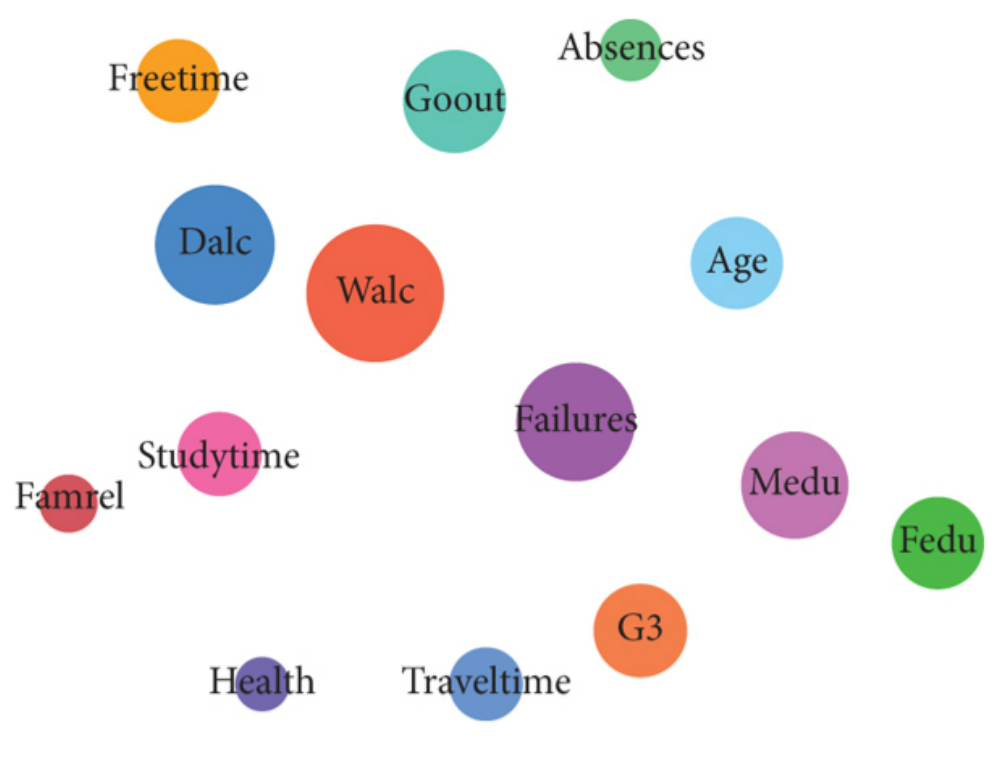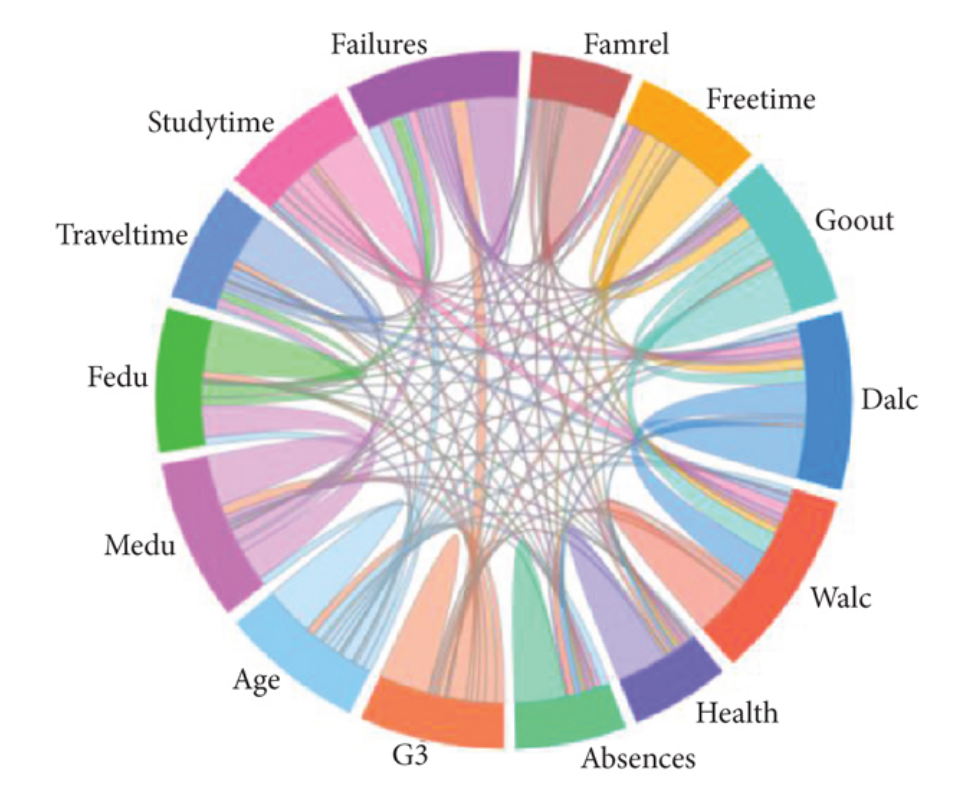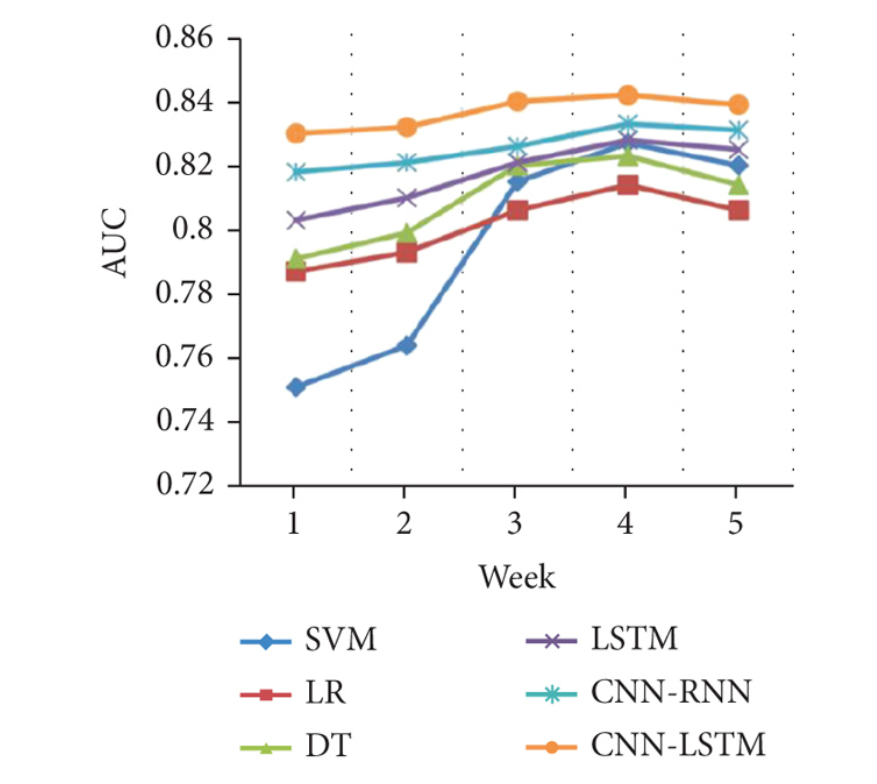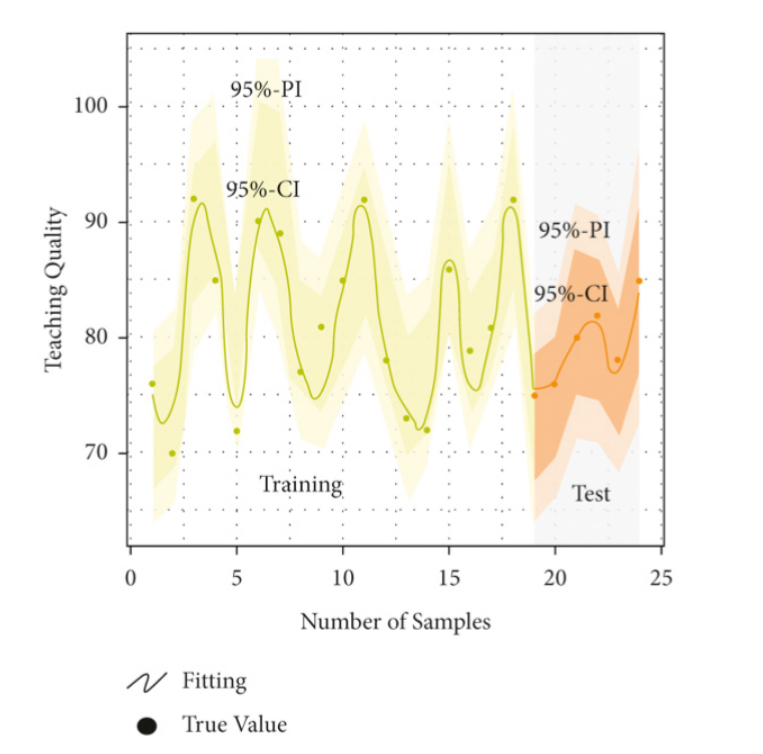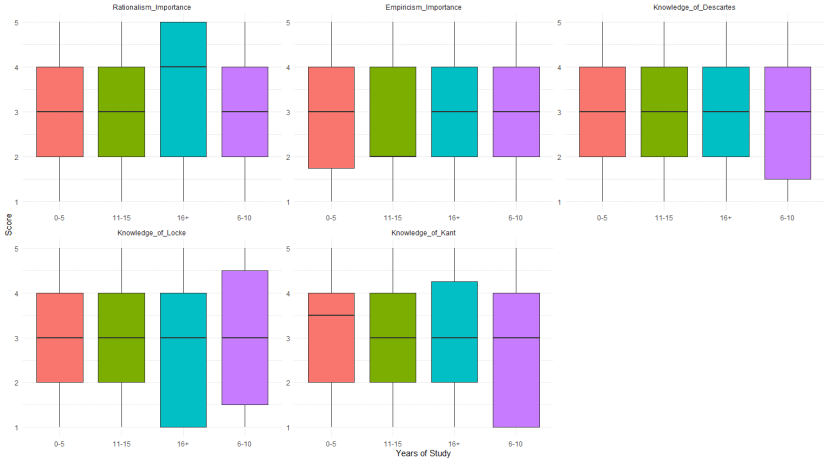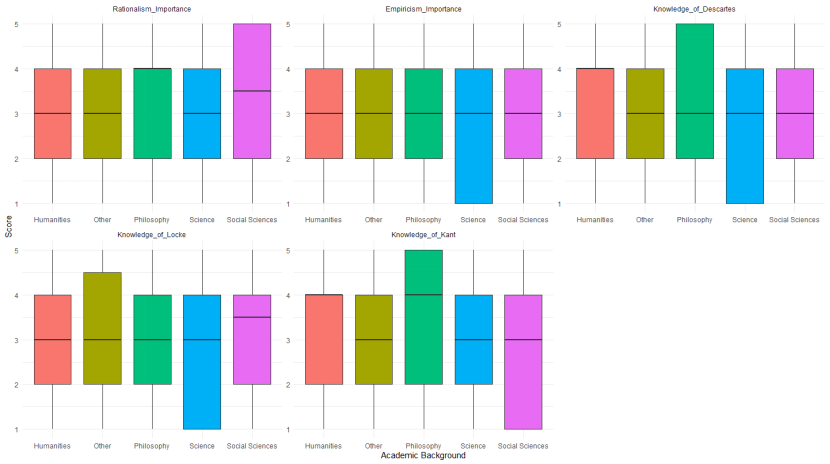 An open access journal
An open access journal
The Opposition and Integration of Rationalism and Empiricism: From Descartes to Kant
Abstract
This paper explores the longstanding philosophical debate between rationalism and empiricism, focusing on their key differences, similarities, and the synthesis proposed by Immanuel Kant. Rationalism, as championed by René Descartes, emphasizes reason and innate ideas as the primary sources of knowledge. In contrast, empiricism, advocated by John Locke, George Berkeley, and David Hume, asserts that all knowledge originates from sensory experience. Kant's critical philosophy, particularly in his "Critique of Pure Reason," addresses the limitations of both traditions by proposing that the mind actively structures and organizes sensory experience through a priori categories of understanding. This synthesis, which Kant described as a "Copernican Revolution" in epistemology, reconciles the contributions of both rationalism and empiricism while acknowledging the limitations of each. The paper examines the historical context, key contributions, and lasting impact of these philosophical traditions, highlighting Kant's role in shaping modern epistemology and metaphysics. Additionally, the paper discusses the contemporary implications of the rationalist-empiricist debate for philosophy of mind, science, and ethics, and identifies potential areas for further research. By providing a comprehensive analysis of these philosophical approaches, the paper underscores the enduring relevance of the debate and its significance for understanding the nature of human knowledge and cognition.
Show Figures
Share and Cite
Article Metrics
References
- Descartes, R. (1641). Meditations on First Philosophy.
- Cottingham, J. (1986). Descartes.
- Spinoza, B. (1677). Ethics.
- Leibniz, G. W. (1714). Monadology.
- Jolley, N. (1995). Leibniz.
- Locke, J. (1690). An Essay Concerning Human Understanding.
- Woolhouse, R. (1994). John Locke.
- Berkeley, G. (1710). A Treatise Concerning the Principles of Human Knowledge.
- Hume, D. (1748). An Enquiry Concerning Human Understanding.
- Kant, I. (1781). Critique of Pure Reason.
- Guyer, P. (1987). Kant and the Claims of Knowledge.
- Allison, H. E. (1983). Kant's Transcendental Idealism.
- Popper, K. (1959). The Logic of Scientific Discovery.
- Husserl, E. (1900). Logical Investigations.
- Korsgaard, C. M. (1996). The Sources of Normativity.
- Strawson, P. F. (1966). The Bounds of Sense: An Essay on Kant’s Critique of Pure Reason.
- Kuhn, T. S. (1962). The Structure of Scientific Revolutions.
- Lakatos, I. (1976). Proofs and Refutations.

